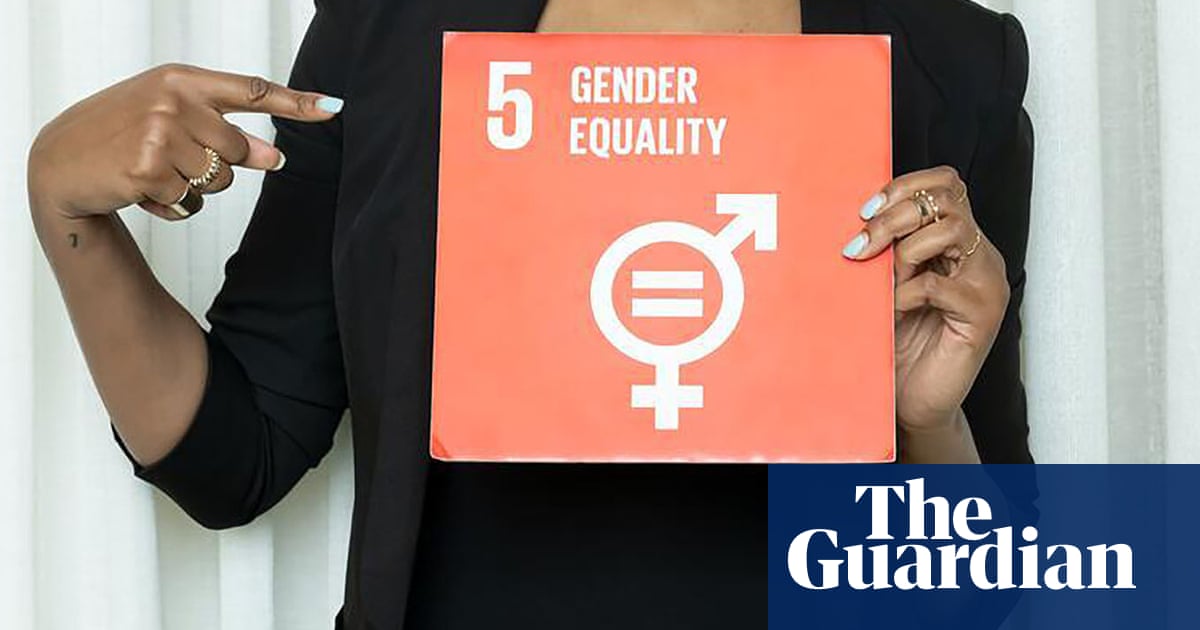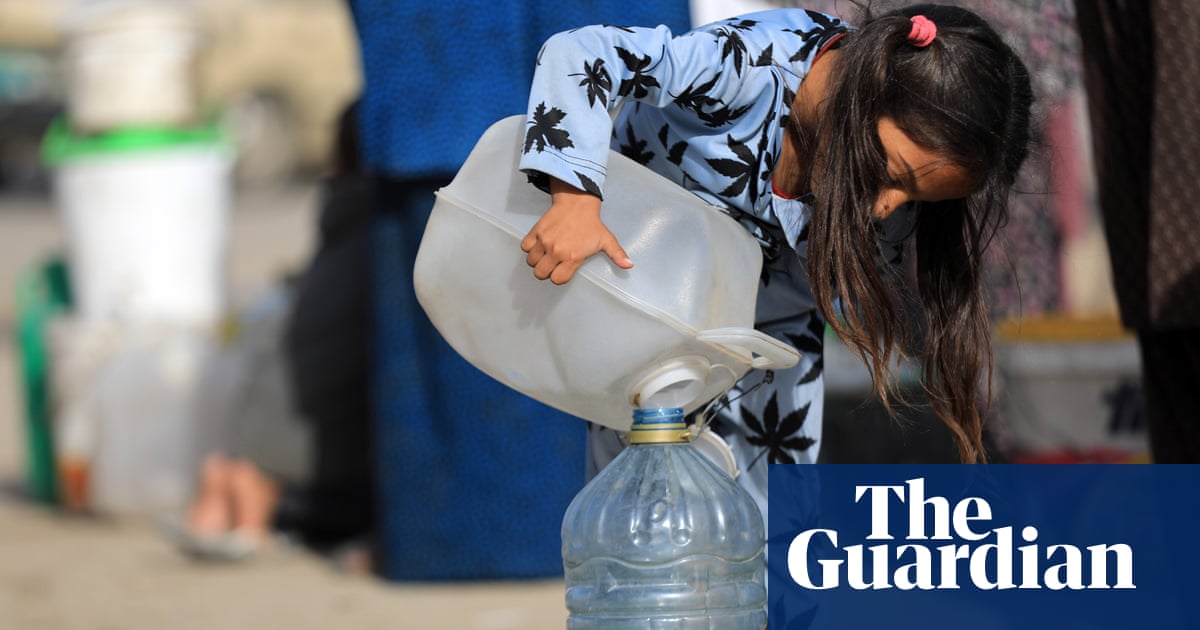
More than five women and girls were killed every hour by a family member in 2021, according to new UN figures on femicide.
A report, published on Wednesday, showed that 45,000 women and girls – more than half (56%) of the 81,100 murdered last year worldwide – were killed by their husband, partner or other relative.
UN Women and the UN Office on Drugs and Crime said the figures were “alarmingly high”, but the true number of femicides – where women are killed because of their gender – is likely to be much higher. Roughly four in 10 deaths in 2021 were not counted as femicides because there was insufficient data. Official figures on femicide have remained largely unchanged over the past decade.
Last year, the highest number of femicides at the hands of relatives were in Asia, with 17,800 deaths. However, the research showed that women and girls in Africa were more at risk of being killed by family members. The rate of gender-related killings in the home was estimated at 2.5 per 100,000 of the female population in Africa, compared with 1.4 in the Americas, 1.2 in Oceania, 0.8 in Asia and 0.6 in Europe.
The onset of the Covid pandemic in 2020 coincided with a significant increase in femicides in North America and western and southern Europe, according to the research. Data from 25 countries in Europe and the Americas indicates that the increases were largely due to killings carried out by family members other than husbands and partners.
“No woman or girl should fear for her life because of who she is,” said Ghada Waly, executive director of the UN Office on Drugs and Crime. “To stop all forms of gender-related killings of women and girls, we need to count every victim, everywhere, and improve understanding of the risks and drivers of femicide so we can design better and more effective prevention and criminal justice responses.”
Bárbara Jiménez-Santiago, a human rights lawyer and the Americas regional coordinator for the international women’s rights organisation Equality Now, said comprehensive data on femicide must be made available, and statistics should include deaths that result from other forms of violence. For example, a woman who commits suicide after rape, or a girl who is pregnant because of rape and dies during childbirth.
Many countries still have laws that discriminate against women and girls, added Jiménez-Santiago, including those that allow rape within marriage or permit rapists to avoid punishment by marrying the victims.
“Domestic violence is still commonly viewed as a private ‘family’ matter in some parts of the world,” she said. “Police and prosecutors often don’t take cases seriously, and victim blaming is widespread. This deters women and girls from reporting violations. Offenders go unpunished and this fosters a culture of impunity that perpetuates further abuse.”
Anne Quesney, senior women’s rights advocacy adviser at ActionAid UK, said the findings corresponded to her own organisation’s research. She added: “We need policies and legislation that address the root causes of gender-based violence, and adequate government investment in public services.”
The overwhelming majority (81%) of homicides worldwide are committed against men and boys, but they are most at risk of being killed by someone outside their family. Out of all male homicide victims in 2021, only about 11% were killed by a partner or relative.












